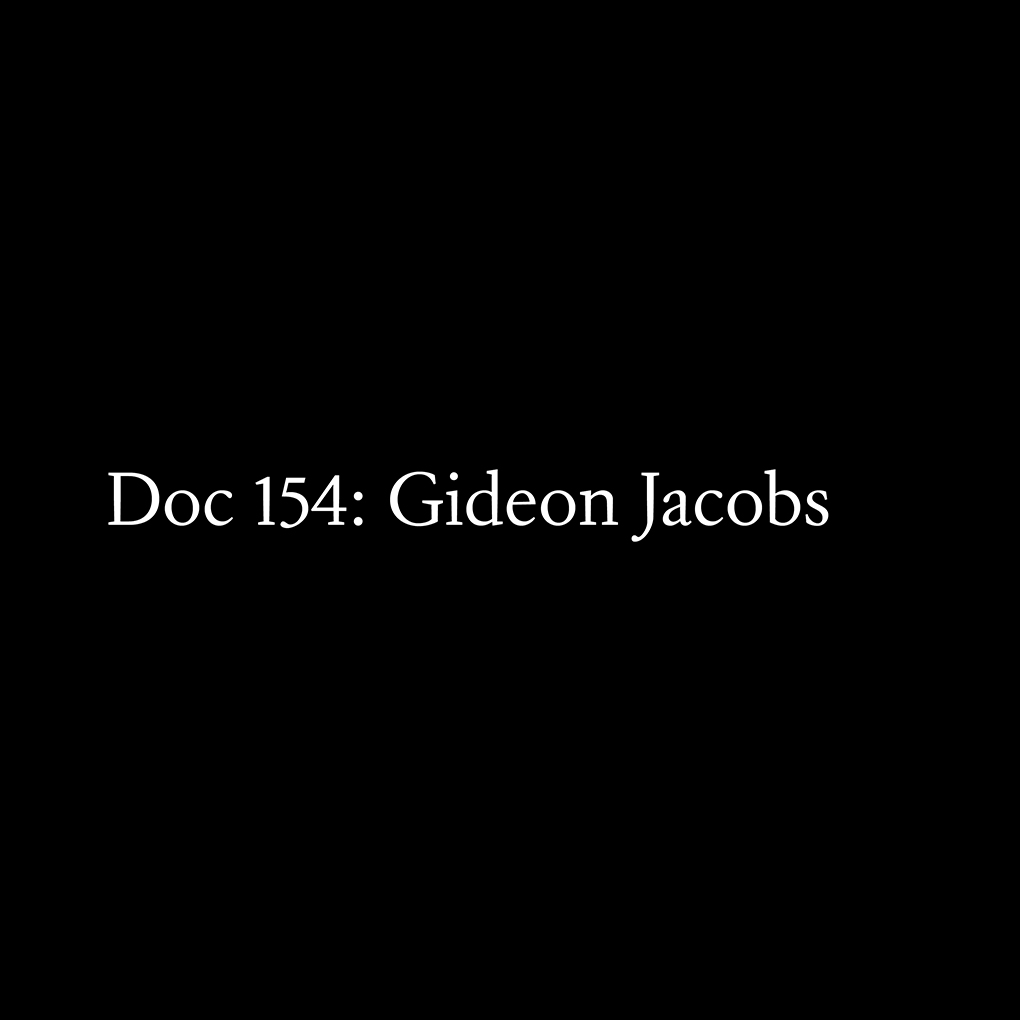
Christian Metz, Professor of Semiotics film theory, 1931-1993
Notes:
Christian Metz’s The Imaginary Signifier came highly recommended by the proprietor of the St. Mark’s Bookshop in 1982 where I was a devoted customer. So I thought to give it a try, to plunge into it immediately, but I got distracted by other impending issues, then I never got around to reading it. And now this week, 41 years after the book appeared, there was nothing to distract me on my calendar.
Upon opening the book I never got past page 5! I have no patience with any book—especially with poetry—that’s not immediately accessible to my reading habits. Yet this sparked my curiosity. I knew virtually nothing about the book’s author, Christian Metz.
So in Googling him, there was still very little that I could relate, except discovering to my disappointment, that he “died a tragic death” in 1993. Literally 30 years had passed. I was no closer to interacting with this guy than when I first embarked on my search. I decided that the only way I could bring us close to who he was in real life was to channel him through the poem I set out writing: making up instances of encounters along the way and through this process alone the reality seemed to fold in on itself as if turning the pages of his real life. It was like I caught up with him or that we caught up with each other.
I’ve applied this process many times over with friends and strangers alike in which a poem would emerge and it works! But Metz’s situation was eerily strange and different. I hadn’t known that 32 years had passed since his passing. In bypassing his book I was able to keep him alive in my mind’s eye as if he were still alive somewhere in France and that maybe someday there would be occasion for us to meet at some café or other. Yet upon learning of his passing I could go no further and knew intuitively that it was time to exit the poem.
Long ago I discovered that a poem has the capacity to recognize its own ending and to stop when the time seems apparent, coming close to Paul Valéry’s adage, that “a poem is never ended, it is abandoned.”
Born in the Bronx in 1943, Gerard Malanga is an American poet, photographer, filmmaker, and archivist, and a pivotal figure of the New York art scene. He was Andy Warhol’s assistant and collaborator at The Factory from 1963 to 1970, where he filmed over 500 “Screen Tests.” In 1969, he founded Interview magazine with John Wilcock & Andy Warhol. From 1970, he dedicated himself to his own photography practice, with a special attention to the portrayal of artists and poets, but also nudes and urban documentation. He has directed several movies, including In Search of the Miraculous (1967), Preraphaeli

